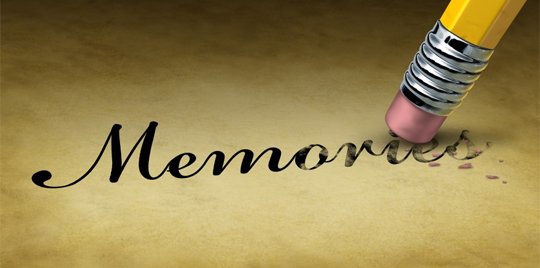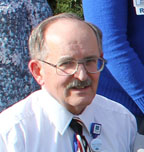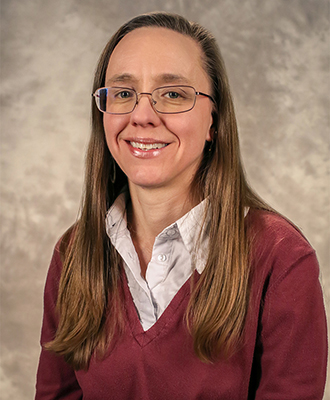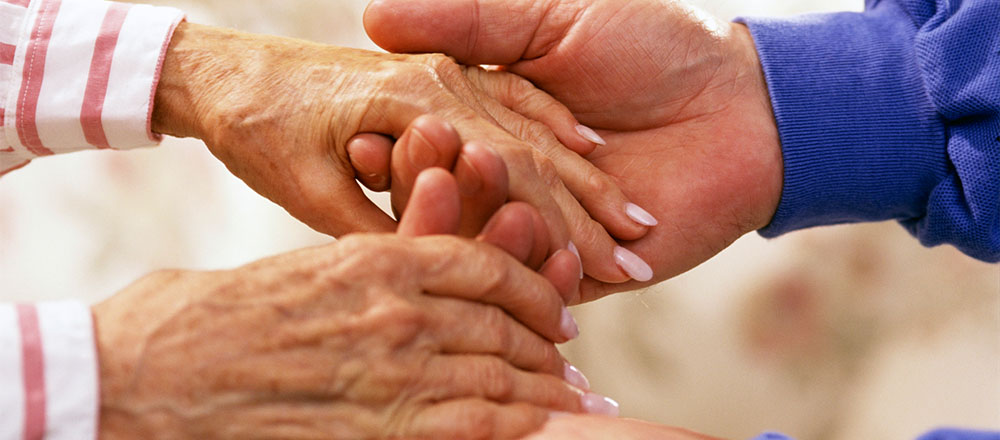
 My wife recently recalled a summer family vacation on the eastern seaboard many years ago. Susan remembered with great clarity a number of the cities and historic sites we visited on that trip, even the less-than-happy reaction of our children at many of the places she and I found especially enjoyable or inspiring at the time. But then, in the very midst of her pleasant reverie, Susan asked, “Did we visit the White House on that trip?” Now, both of us are quite sure we did tour the Executive Mansion in Washington, DC at that time – with our grumbling kids in tow – but neither of us has particularly vivid memories of the experience. Isn’t that interesting? Isn’t it revealing? I vividly remember standing in the National Archives almost reverently reading over the original Declaration of Independence and U.S. Constitution, word for word, almost as if I were editing the documents for grammatical construction or philosophical content. But I can’t recollect even one feature of the White House that I wanted to preserve in my mind for all time.
My wife recently recalled a summer family vacation on the eastern seaboard many years ago. Susan remembered with great clarity a number of the cities and historic sites we visited on that trip, even the less-than-happy reaction of our children at many of the places she and I found especially enjoyable or inspiring at the time. But then, in the very midst of her pleasant reverie, Susan asked, “Did we visit the White House on that trip?” Now, both of us are quite sure we did tour the Executive Mansion in Washington, DC at that time – with our grumbling kids in tow – but neither of us has particularly vivid memories of the experience. Isn’t that interesting? Isn’t it revealing? I vividly remember standing in the National Archives almost reverently reading over the original Declaration of Independence and U.S. Constitution, word for word, almost as if I were editing the documents for grammatical construction or philosophical content. But I can’t recollect even one feature of the White House that I wanted to preserve in my mind for all time.
Perhaps it is true that we remember best what we value or love the most. Our remembrance of any one or any thing is thus a measure of its signal significance in our heart(s). What does it say to a spouse when we neglect his or her birthday, to a child when we forget our promise to attend the school awards ceremony, to an employer when we repeatedly fail to set the alarm clock by our bed? Cherished memories – whether preserved and revisited in photographs or videos, in diaries or journals, in shared stories or private thoughts – are an indication of the significance we attach to the people, places, and circumstances in our lives, particularly as we grow increasingly removed from them through time, when they are no longer at our fingertips to see or touch as they once were.
Patients and staff here at the North Kansas City Hospital have a way of exciting powerful, pleasant memories for me. I can think of many such experiences in only the last week or so. In one, a patient’s son helped me remember some mutual acquaintances from early in my professional ministry, some 40 years ago. As we recalled names of people we both knew from that time, familiar faces and occasions immediately flooded my consciousness as if I were in the very midst of them once again. In yet another instance, a grieving family member reconnected me with my own mother who had died in a remarkably similar way to his own more than 20 years before. I was instantly transported to the shocking news of her sudden death and the terrible pain I felt with the unanticipated loss, not unlike that of the man I was trying to comfort at the time. In that moment, I could literally see my mother’s face – as I had last seen her alive; I could hear her lilting laughter; I found comfort in her reassuring embrace, as if she was there in that very moment. With each baptism I perform, I am reconnected with meaningful spiritual rites from my own past; with each bedside prayer for healing I offer, I am reminded of specific spiritual graces by which I have so often been relieved and renewed in days gone by. Such is the power of memory.
Somewhere in Ireland, I am told, there is a churchyard marker bearing the words: “Death leaves a heartache no one can heal, love leaves a memory no one can steal.” What an inspiring thought! I pray that everyone who reads these words of mine today will find strength and serenity in their special, personal memories of people, places and precious possessions that are no longer present to them physically but are forever near them, bound to them . . . spiritually.



